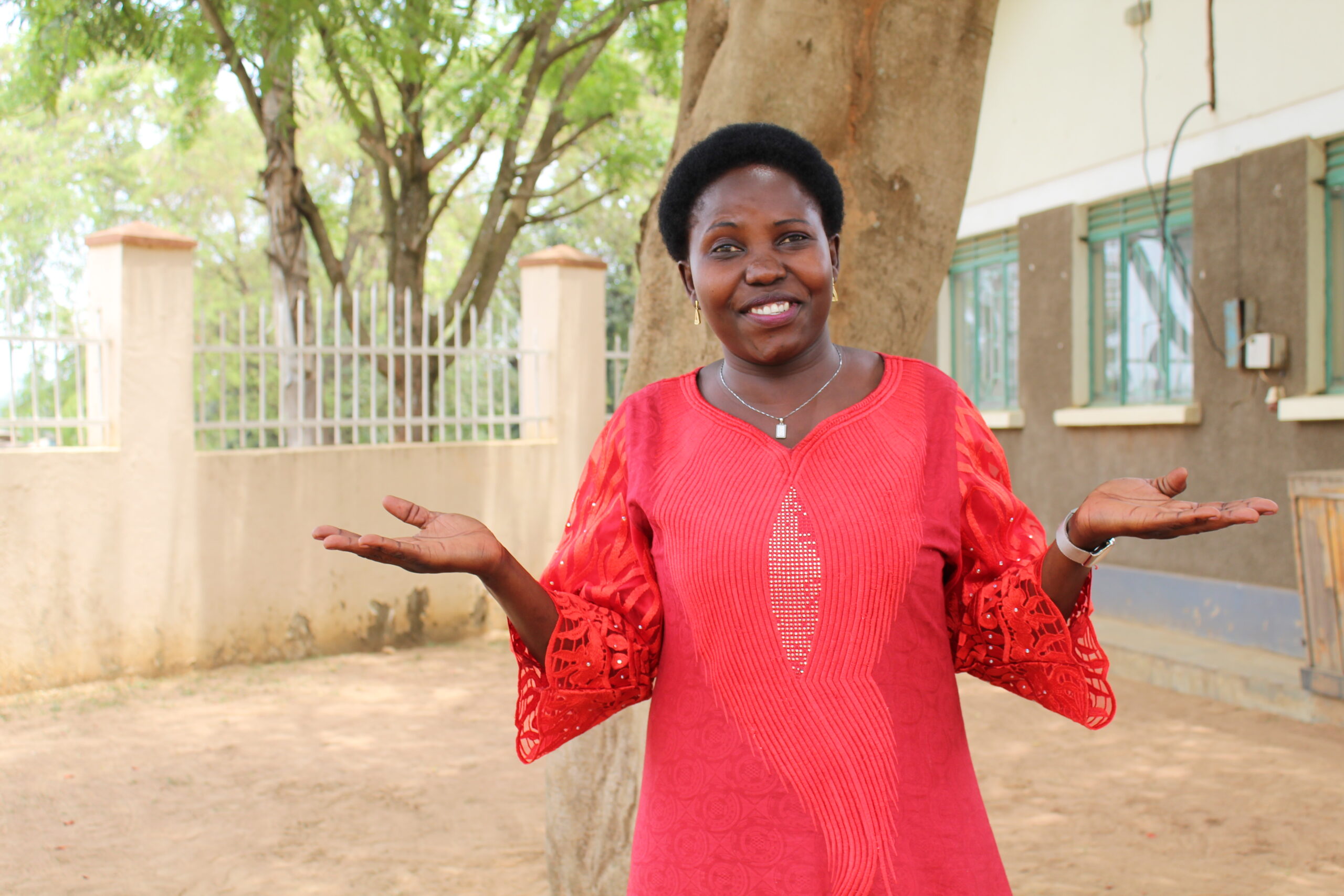By Caroline Wahome
My father hardly cooked. I only remember two instances where he offered to prepare lunch. He didn’t go to the market either for groceries shopping. I can picture him with a ‘kiondo’ (woven basket) haggling over potato and cabbage price. That would never have happened. When he purchased land, he didn’t register the title deed in both his name and my mothers, only his. My case is not unique though, he is just a representation of many African men.
Although there has been an increase in women owning land, we still have a long way to go before they can match the men. Research has shown in Africa, 80% of the agricultural production comes from small farmers, who are mostly rural women. Women comprise the largest percentage of the workforce in the agricultural sector, but do not have access and control over all land and productive resources. However, in recent years, many African countries have adopted new land laws in order to strengthen women’s land ownership rights. This has helped improve the situation of rural women.
As we observe International Women’s Day this year whose theme is #BalanceforBetter, the Sustainable Diets for All Programme in East Africa had a chat with some community members on their take on how we are faring in achieving gender balance.
Nezma Ocokoru, Arua Hill Division Local Council III chairperson Arua District, Uganda.
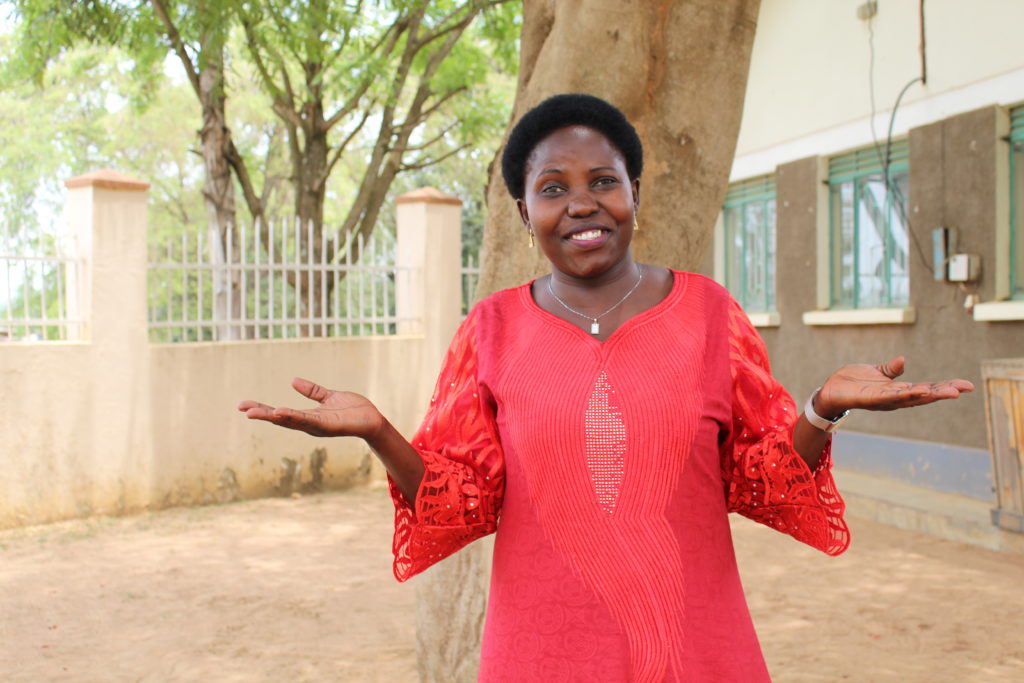
“We have come a long way but there is still more to be achieved. The everyday woman I represent situated at the grass roots still faces insurmountable challenges. There is still need to build a gender equal society.
The time is now for women to arise and do certain things by ourselves. Women give birth to children and desire them to be healthy. As a woman of reproductive age, nutrition and health matters. Women should step forward and demand for their rights and needs with zeal.
I challenge women on this day to claim their space in all facets-social, economic and political. Let’s strive for 50:50 representations in all sectors of our economy including leadership for a gender balanced society.
I call upon women to join hands to challenge the status quo and strive for balance because there is nothing for us without us!”
Alex Kaahwa, Chairperson Coalition of the Willing, Kabarole District.
“I recognize the central role that women play in putting food on our tables. I also do recognize that the scales are not balanced. I celebrate the outstanding women that have contributed to overcoming the challenges of malnutrition in communities and encourage men to take action to end gender inequality “.
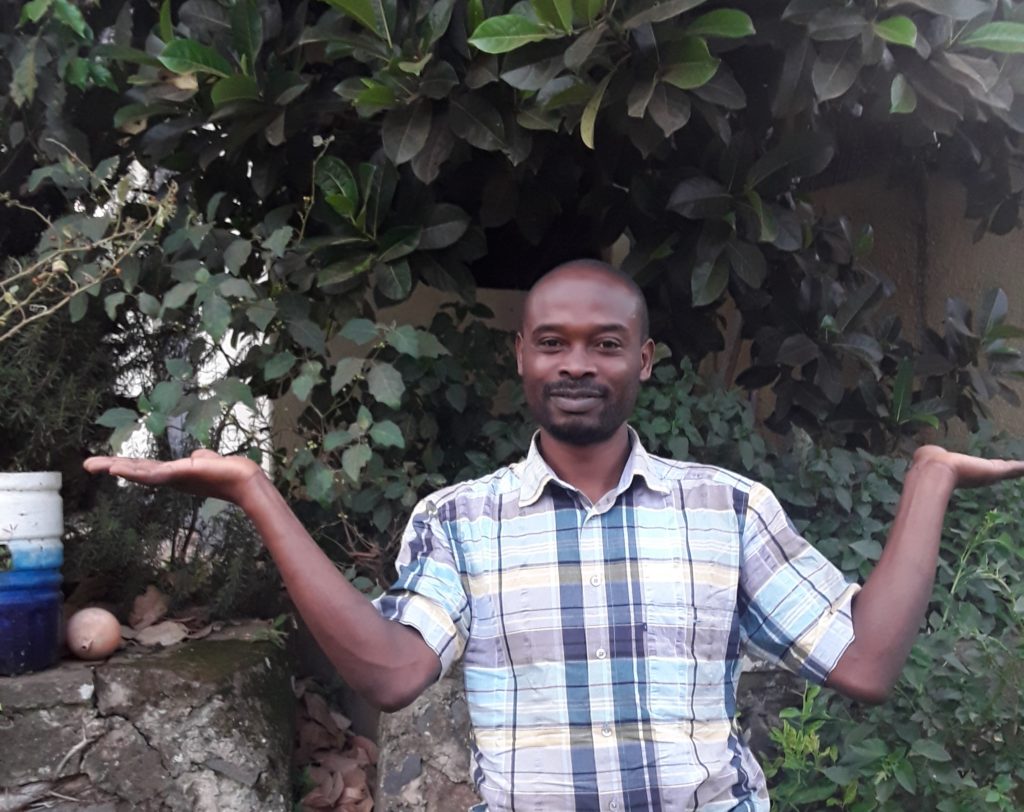
Betty Nampeera, Member of the Chefs Alliance, Lugazi Municipality, Buikwe District
“Being a woman means everything because we determine what is put on the table. Women should be put at the fore of decision making in families and communities”.
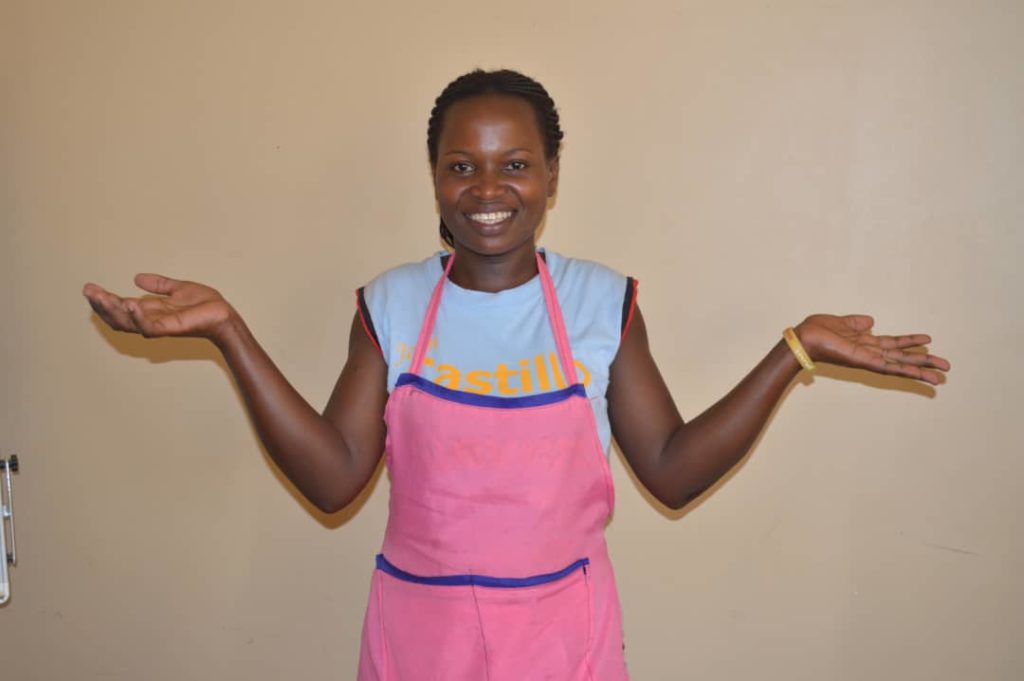
Charles Wangala, Fisherman, Kiyindi Fish landing site, Buikwe District
“Women are increasingly gaining momentum. They need to be motivated because without a woman in the family, the risk of food insecurity is rife”.
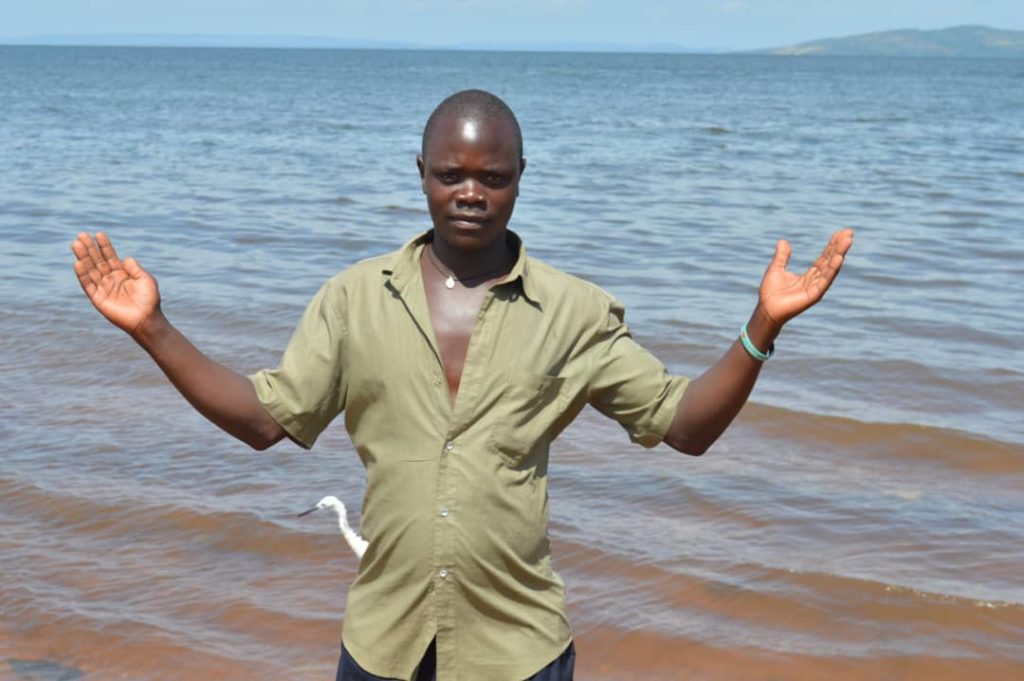
Hussein Ssebadduka, Small scale and farmer, Ngogwe Sub County, Buikwe District
“Women’s voices must be amplified world over. They should be in a position to sit on the same table with men to discuss issues affecting communities like food and nutrition insecurity, access to land rights and such pertinent matters because they play a great role in growing and nurturing families”.
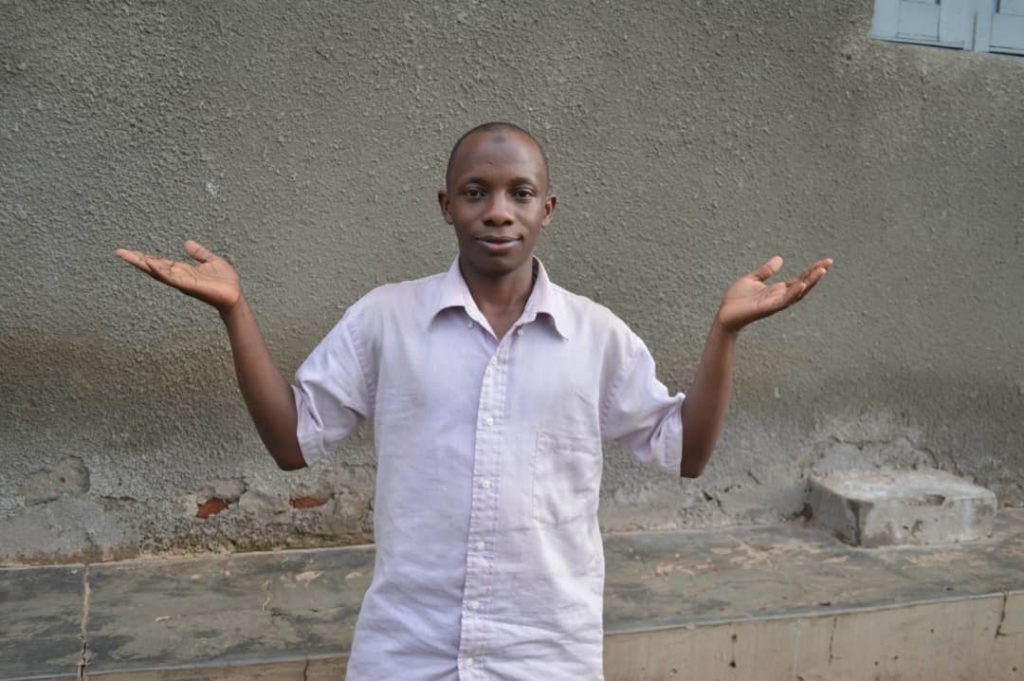
(Additional text by Immaculate Yossa)

